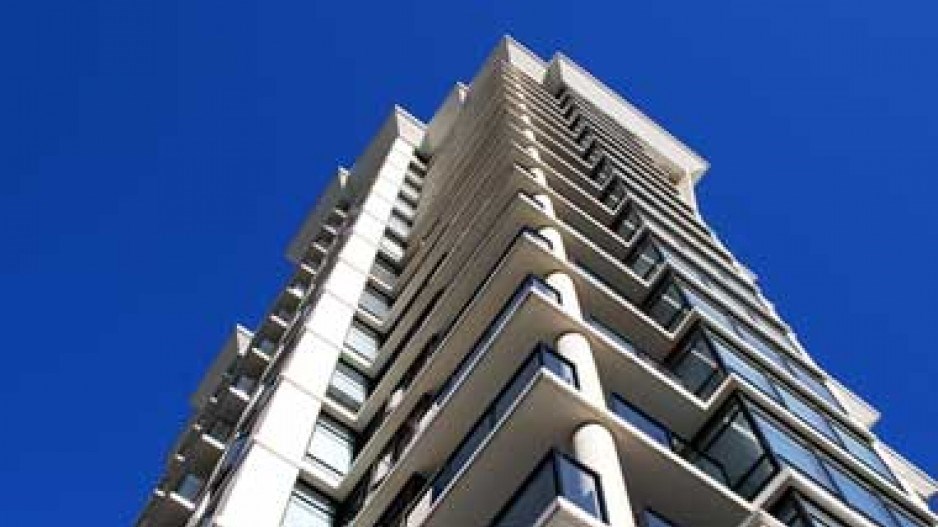Self-starter
Rental housing is in tight supply across B.C., and the stock that remains is getting older, prompting municipalities to seek ways to restock the market.
Vancouver developed the Rental 100 program, and Kelowna recently awarded $286,000 in grants to offset development cost charges on six new projects in the Okanagan.
But in New Westminster, South Street Development Group is building Novare, a 282-unit rental tower, on market conditions alone.
“You have a sort of magical convergence where all the elements required to make a project more viable are in place right now, and that’s why we can increasingly justify rentals,” said David Goodman of HQ Real Estate Services, who assisted South Street with planning and recently listed the property for sale. “To see rents well over $3 a foot today in the core urban areas really makes a difference.”
A strong market for rental properties is buoying hopes, with more than 80 sales in the Real Estate Board of Greater Vancouver’s area this year to date. That puts the region on track for more than 225 sales in 2016 (there were 181 last year).
Novare’s sale price could result in a cap rate of approximately 4%, a yield that’s prompting other owners to step up. The Martello towers at 1011 Beach Avenue, for example, recently listed with Avison Young, offering rents of up to $4 a square foot and added development potential that could mean strong pricing if – or more likely when – the property sells.
What about supply?
The past few months have seen the hashtag #ItsSupplyStupid surface on social media to address concerns about the region’s rising housing costs. It headlined a page of a brochure Urban Analytics Ltd. handed out as sponsor of the Urban Development Institute’s (UDI) luncheon a couple of weeks ago.
But what about supply?
While some claim that cities and their difficult planning processes have fostered a shortage of homes, a look at BC Stats numbers suggests that most municipalities are exceeding the 10-year average for home starts.
True, some of the strongest development has taken place in New Westminster, North Vancouver and Langley (in that order), as well as at the University of British Columbia.
But Vancouver also outpaced the 10-year average last year, with 4,616 starts versus an average of 4,261 since 2006. This, as population growth has remained constant at about 1% a year.
Vancouver, like most municipalities, saw slower growth versus the five-year average, with the exceptions being New Westminster, Surrey, Langley, Port Coquitlam and New Westminster. Even Coquitlam, which has benefited from construction adjacent to the Evergreen Line, has seen starts lag in recent years despite improvements in how community amenity contributions and other charges are calculated.
Shortages, as Urban Analytics points out, are primarily due to strong demand, with sales leaving just 255 completed and unsold condos in Metro Vancouver at present.
Great risk
Whatever Donald Trump does for America, he’s already making business risks great.
Joe Houssian told the UDI that when Trump won the May 3 primary in Indiana, British investors on a project he’s pursuing in Utah called the deal off.
“They think that the United States is too politically unstable,” he said, noting that the rise of authoritarian leaders is bad news for the global economy.
Sitting alongside Houssian on the UDI dais were Robert H. Lee and Joe Segal, who concurred.
“Nobody’s quitting. But everybody’s becoming a little more cautious,” said Segal, the celebrated nonagenarian investor who reminded listeners that there’s an end to everything.
Except, perhaps, Chinese capital, Lee countered.
“We’re going to have a global dip in the real estate market, for sure,” he said. “[But] I can’t see China not investing in Vancouver. This is where they want to live.” •




